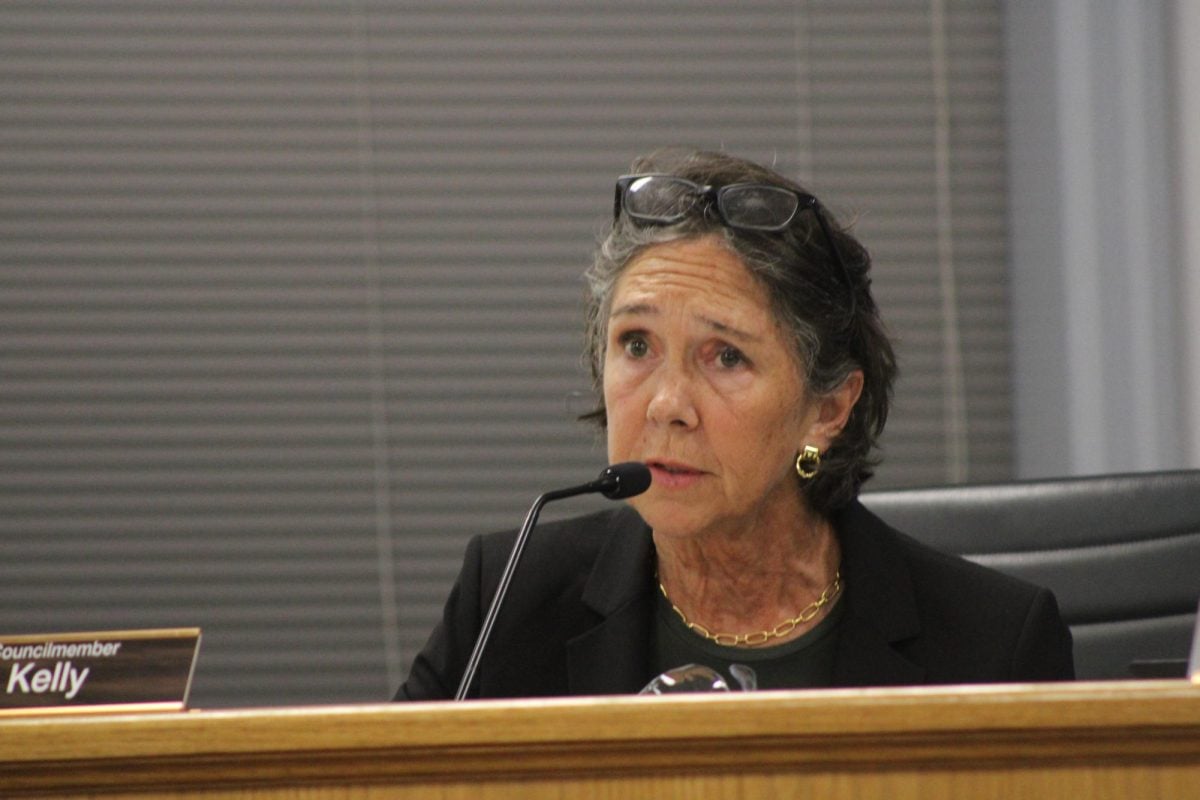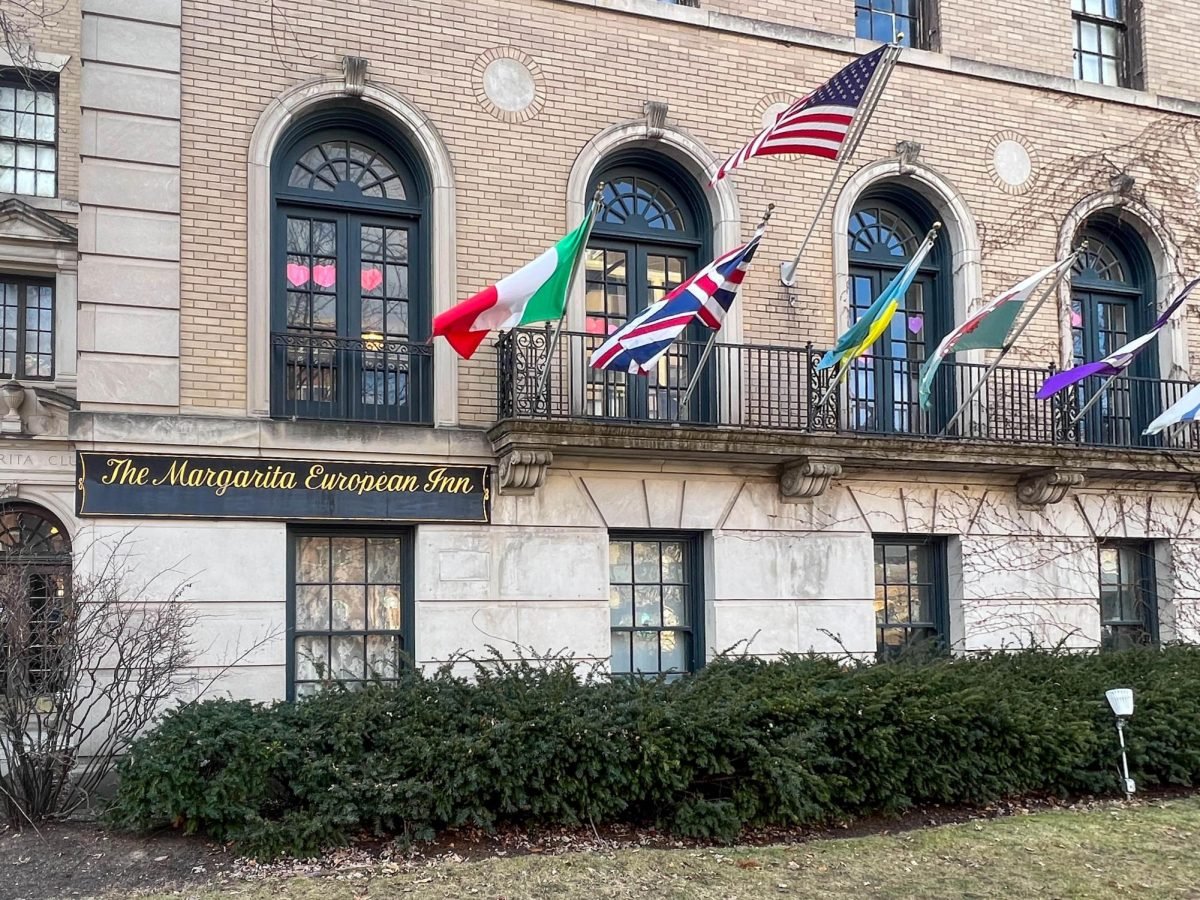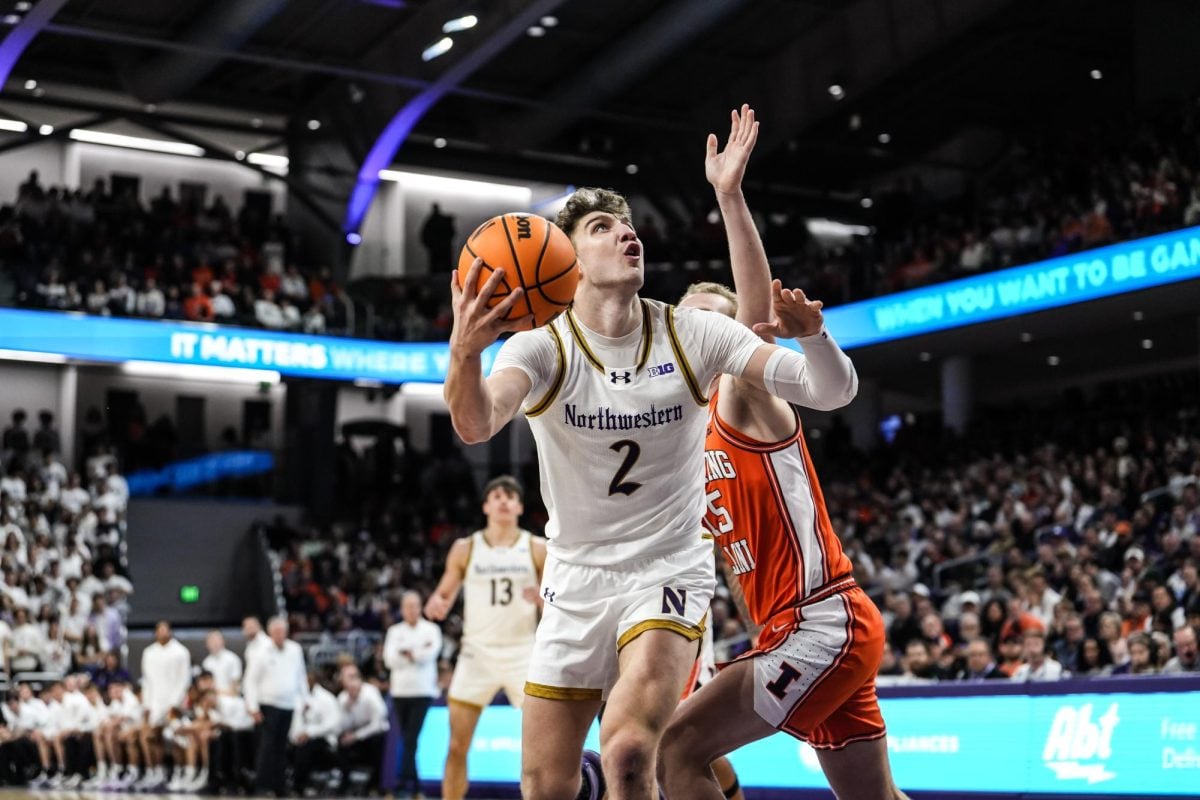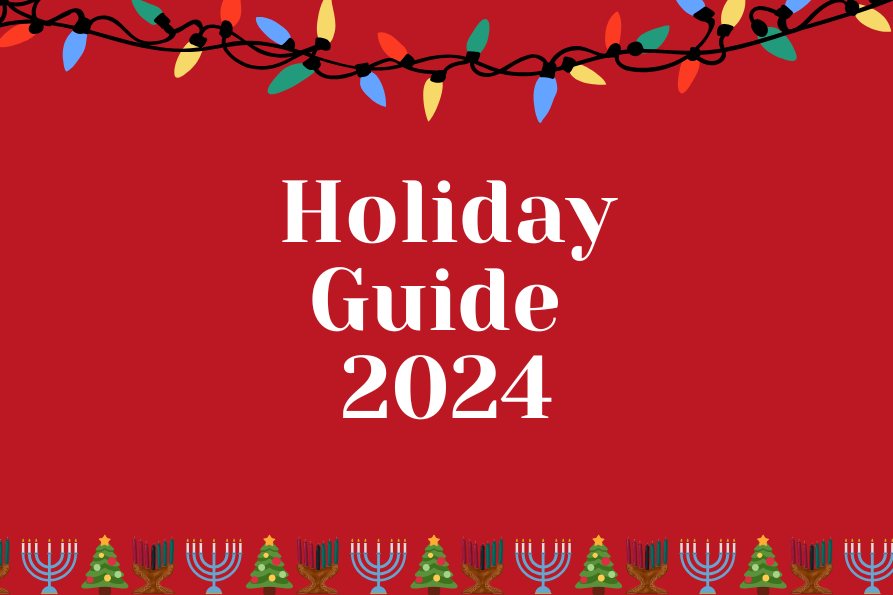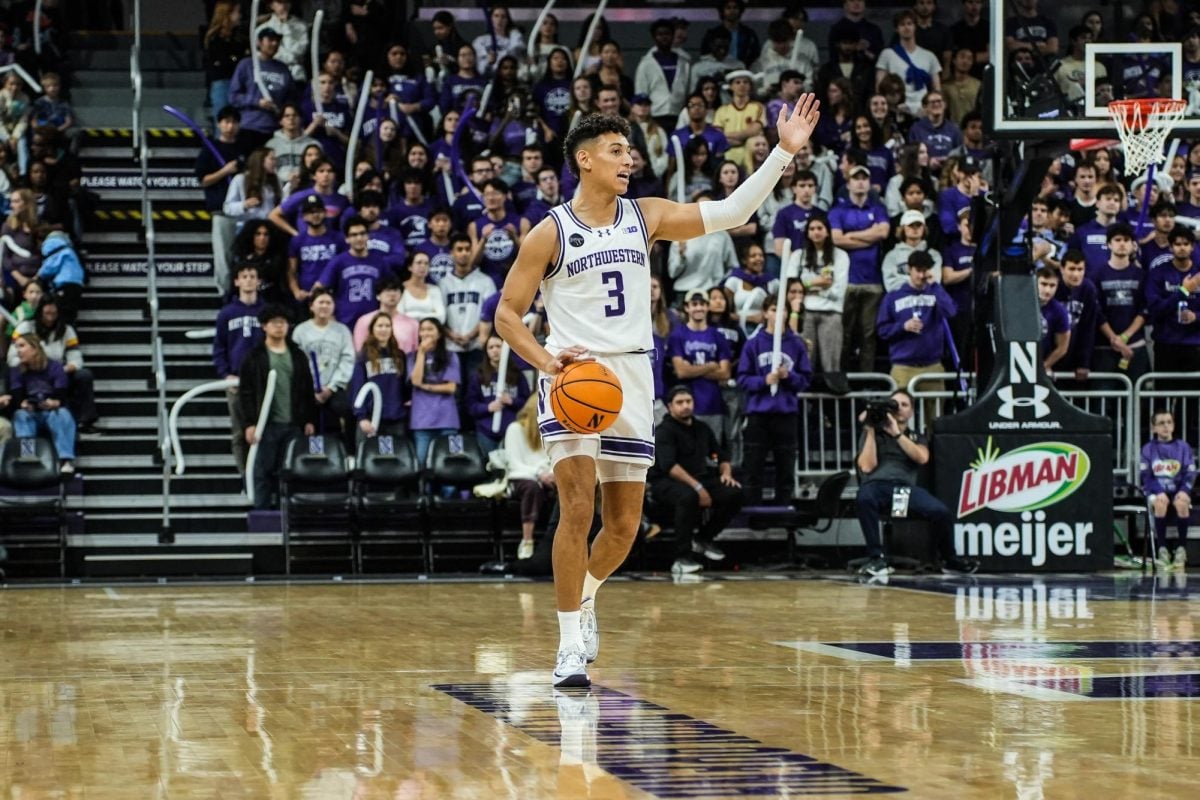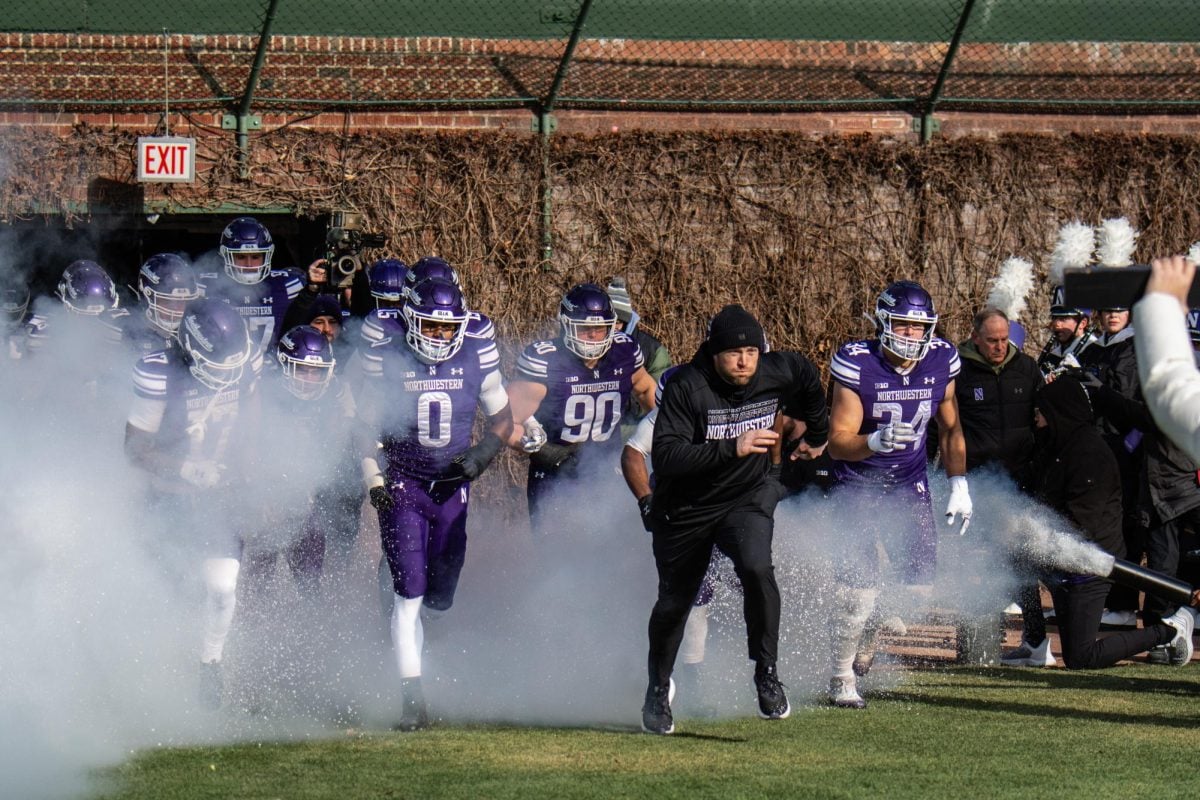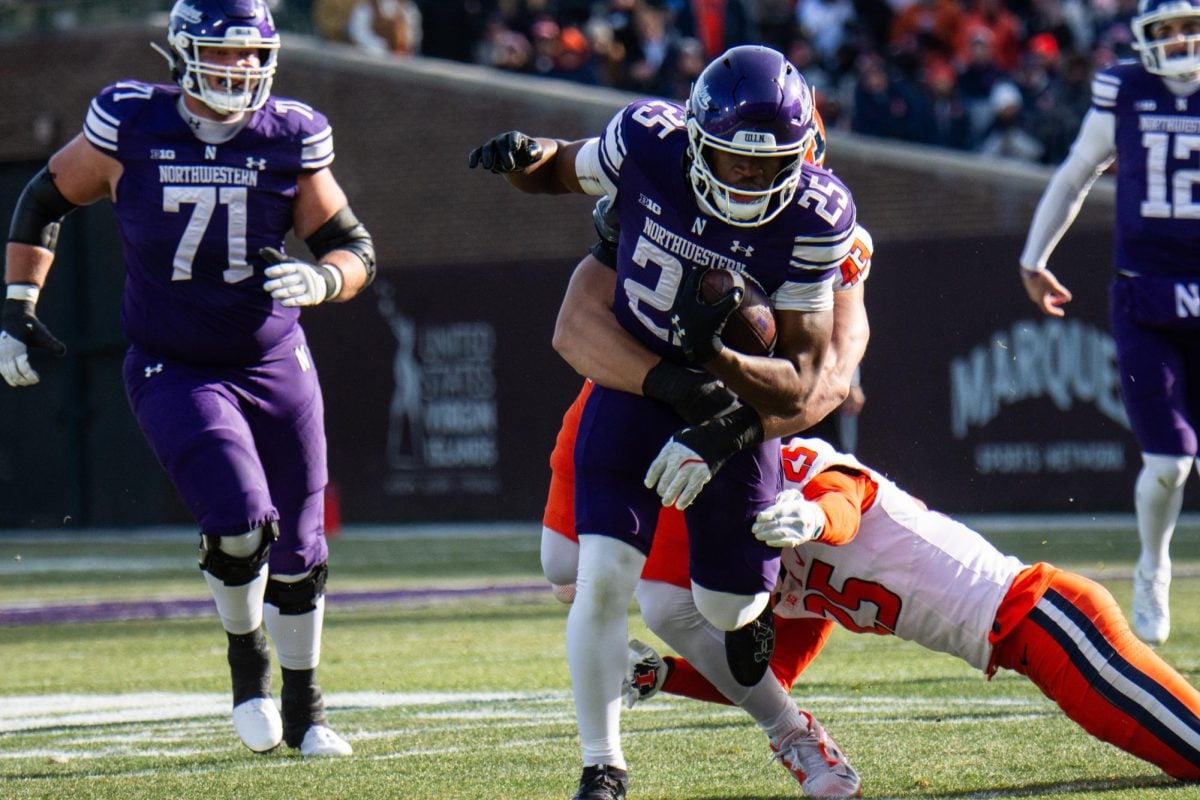In an effort to reimagine public safety through non-police responses, city officials launched Crisis Alternative Response Evanston (CARE) in July.
CARE is the culmination of a yearslong reform effort that began with the creation of Evanston’s Alternative Emergency Response Subcommittee in 2020 amid national protests against police brutality.
In 2021, City Council passed Resolution 58-R-21 to establish the Reimagining Public Safety Committee. The following year, the city then entered into an agreement with Law Enforcement Action Partnership, a nationwide nonprofit that works with municipalities to enact criminal justice reform and explore alternative solutions to low-risk 911 calls.
In its 104-page final report from 2023, LEAP recommended establishing a program to address calls that do not require police or medical attention. In response, City Council established CARE and allocated $400,000 to fund its operations.
“It was very intentional for us to start this program slow and then dial it up, as opposed to starting very fast and then having to dial back down,” Jeron Dorsey, CARE team manager and the deputy director of Parks, Recreation and Community Services, said.
Dorsey presented preliminary data about the program to City Council in October. In their first 90 days, CARE’s four employees responded to 454 calls. The largest portion of their dispatches — about 35% — were wellness checks. In total, they addressed 67 noise complaints and 57 calls from individuals facing mental health challenges.
Evanston is home to over 78,000 people, according to 2020 U.S. Census data. Dorsey said this low ratio of responders to residents will make it difficult to protect the team’s well-being while expanding its responsibilities.
“Showing up to a residence to find someone deceased — that’s hard to wrap your head around,” Dorsey said. “That’s something we’re discovering ways to cope with. We lean on each other to get us through tough days.”
Currently, the team responds to 10 types of 911 calls and operates daily from 11 a.m. to 8 p.m. Dorsey emphasized that decisions about the program’s future will be guided by data, particularly as seasonal changes affect call volumes.
While the CARE program operates independently from the Evanston Police Department by design, Chief of Police Schenita Stewart said collaboration between the two organizations is essential for comprehensive public safety.
“When I stepped into the role of chief of police, launching an alternative response program was a top priority for the city,” Stewart wrote in an email to The Daily. “I’m proud of how this collaboration has come together, showing what we can accomplish when we focus on both safety and compassion.”
Beyond Evanston, LEAP has collaborated with major cities like Milwaukee and Atlanta to create similar programs.
According to program specialist Lionel King, LEAP begins by examining both quantitative and qualitative data about 911 calls. Reviewing narratives recorded by 911 operators often provides essential context, he said.
“I can think of one specific call narrative in Evanston. It said ‘Black male, dreadlocks sitting on the corner,’ and then it said, ‘Looks like he needs to see a friendly face.’ That doesn’t require an armed police officer; that requires a friendly face,” King said.
King said he was reminded of the death of Sonya Massey, who was fatally shot in her Springfield home by a sheriff’s deputy she called because she was worried about a potential intruder. He emphasized the need to “send the right responders to the right call.”
Dorsey said even though Evanston’s police officers are “very good at de-escalation,” their uniforms and weapons make responding to certain emergencies more difficult. He believes CARE’s “softer” approach comes across as “more caring.”
CARE team members arrive to calls in pairs and can be identified by their uniforms, which include black pants and burgundy polos.
Before responding to any calls, CARE team members underwent five weeks of training, including a crisis responder certification course at Oakton College, medical training provided by Advocate Lutheran General Hospital and ride-alongs with Evanston’s police and fire departments.
The team members come from a wide range of professional backgrounds and have previously worked with youth, crime victims and people with disabilities, according to CARE’s website.
Both Dorsey and King said they hope the program will encourage residents who are suspicious or scared of police officers to feel more comfortable calling 911.
“Someone may (want to) call because they have a loud neighbor, but they’re afraid to call 911 because they have a traffic ticket from two months ago that they just couldn’t afford to pay,” King said. “Having community responders can give those individuals an option.”
Programs like CARE allow police departments to focus on responding to violent crimes like murders or armed robberies, King said. As such, he predicts that “most” major cities across the United States will eventually adopt similar programs.
CARE’s success depends on support from police officers, Dorsey said.
“Although we are happy to have an alternative response (program), I feel very strongly that police officers are always going to be needed,” Dorsey said. “They make us feel safe as we go out and do our work because a low-risk, non-emergency call can quickly transition into something that’s much more dangerous and violent.”
Email: [email protected]
X: @jdowb2005
Related Stories:
— City Council approves non-police alternative for 911 response to start by June
— Proposed community responder program could offer alternative to police
— LEAP study recommends Evanston establish community responder program









